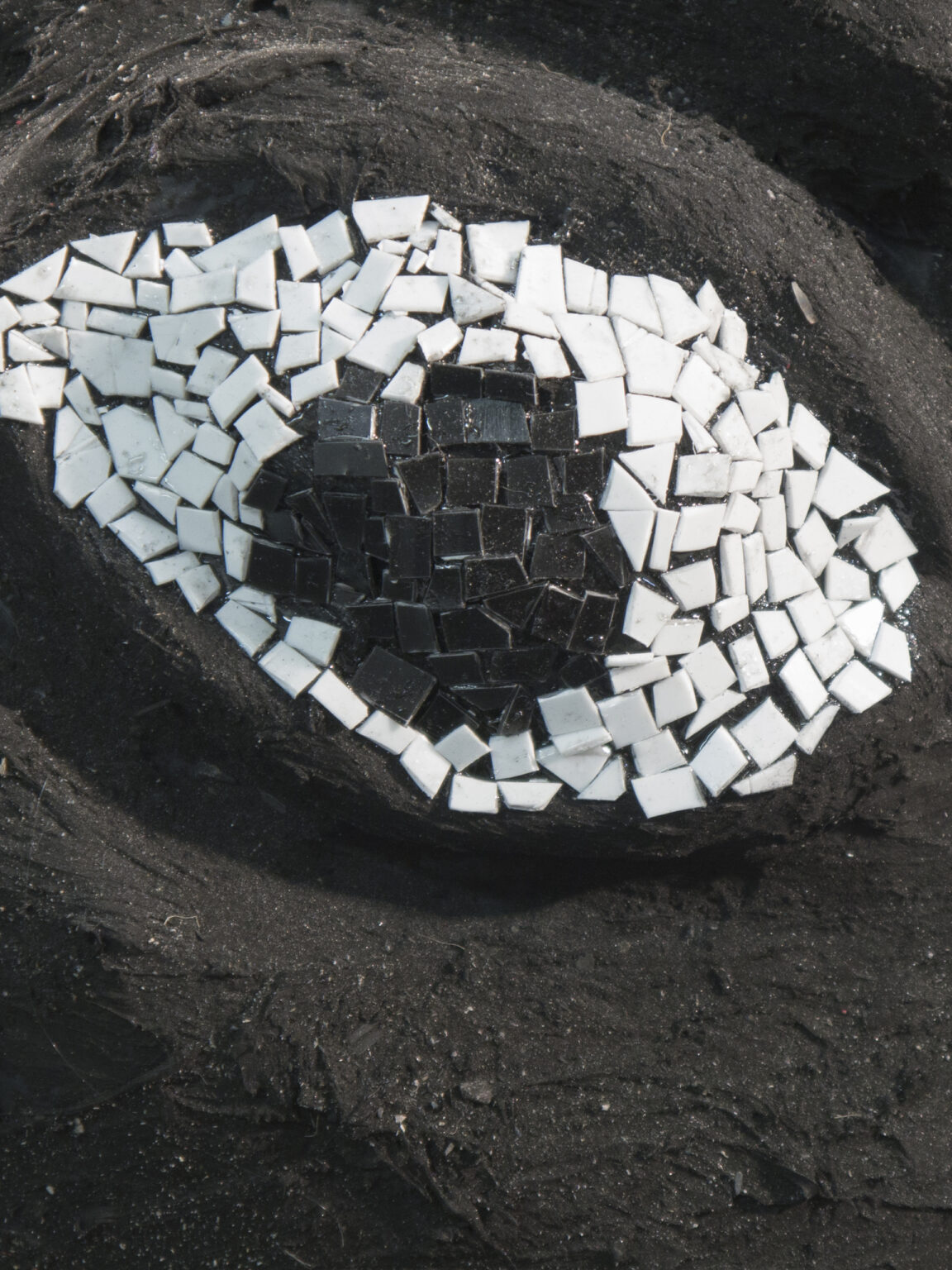Fetish with Hallucinatory Ornaments -An exercise in further entangling the threads of fetishism
My research is an artistic inquiry into the morphology of fetishism as a set of effects with identifiable, recurring shapes. I consider the fetish as a historically shifting term, an ungraspable object creating distorting effects on both those labeled fetishists as well as on those employing the term fetishism for different types of discourses.
The research conceives fetish objects as composed of heterogeneous parts which are brought together into a new identity by the power of an originating event. The heterogeneous components making up the fetish are not only varied materials and appropriated objects and fragments but also beliefs, desires and narrative structures. Fetishes are tangled up matter and spirit, a knot where they become hard to distinguish.
The problems the fetish en genders and the historical objects that have been grouped under this term, serve as a lens to interrogate the intimate bonds that emerge between humans and what are considered to be inanimate objects and materials. Indeed, the site of the fetish appears as the perfect vantage point to examine the break down of barriers between dichotomous categories such as magical thinking/ rationalist thinking, object/subject and western/non-western.
The effects of fetishism are conceived and studied together as they manifest in the physical fetish objects, the set of practices around them, the internal experiences of fetishists, and the structure of historical discourses on fetishism. These morphological characteristics of fetishism were then tested out as discursive, experiential and practical/visual tools for the conduction of artistic research in all of its stages. Here artistic research is understood as both an inquiry into a specific topic and, just as essential, the analysis and the resulting, informed modification of the methods and tools employed at each stage of the artistic process in the service of becoming more apt in the search for the object of knowledge. Thus, fetishism became a method for the conceptualization, production, diffusion and contextualization of the artistic practice.
Sculptures and installations, performance and writing become tools for engaging with fetishism both in the intense, internal experience of its effects and as dissecting instruments to have a more detached view of the paradoxical beast. Writing practices work in tandem with sculptural, installation, performance practices to study and engage, generate and embody, perform and contain the effects of fetishism, its bilocation, aliveness, slippage, synecdoche and fragmentation, and heterogeneity. They enact secrecy, shame and pride, perform identification and distance. All objects, performances and texts have been constructed into a fetish shape and seeks to create fetish effects.
I voluntarily take up the mantle of fetishist as a way to illuminate or at least give expression to some of the aspects of my own artistic practice. It is both a provocation and simply the most fitting term. Looking at the history of the term, a theme that recurs in its usage is how it is always pointing to someone else’s mistakes and delusions. Describing any kind of practice as fetishistic becomes a lobbed accusation, a denunciation of their failure at understanding, the dangers of not being able to perceive “the facts” . Fetishism becomes the opposite of knowledge, the arrest of a search, redirected into a phantasm. To voluntarily take its mantle is to argue for desire as the producer of meaning, to open myself to the knowledge that phantasms can offer. But it is not simply a defiant or contrarian gesture, it is also a recognition of my kinship with practices that have been historically tied under this term.

